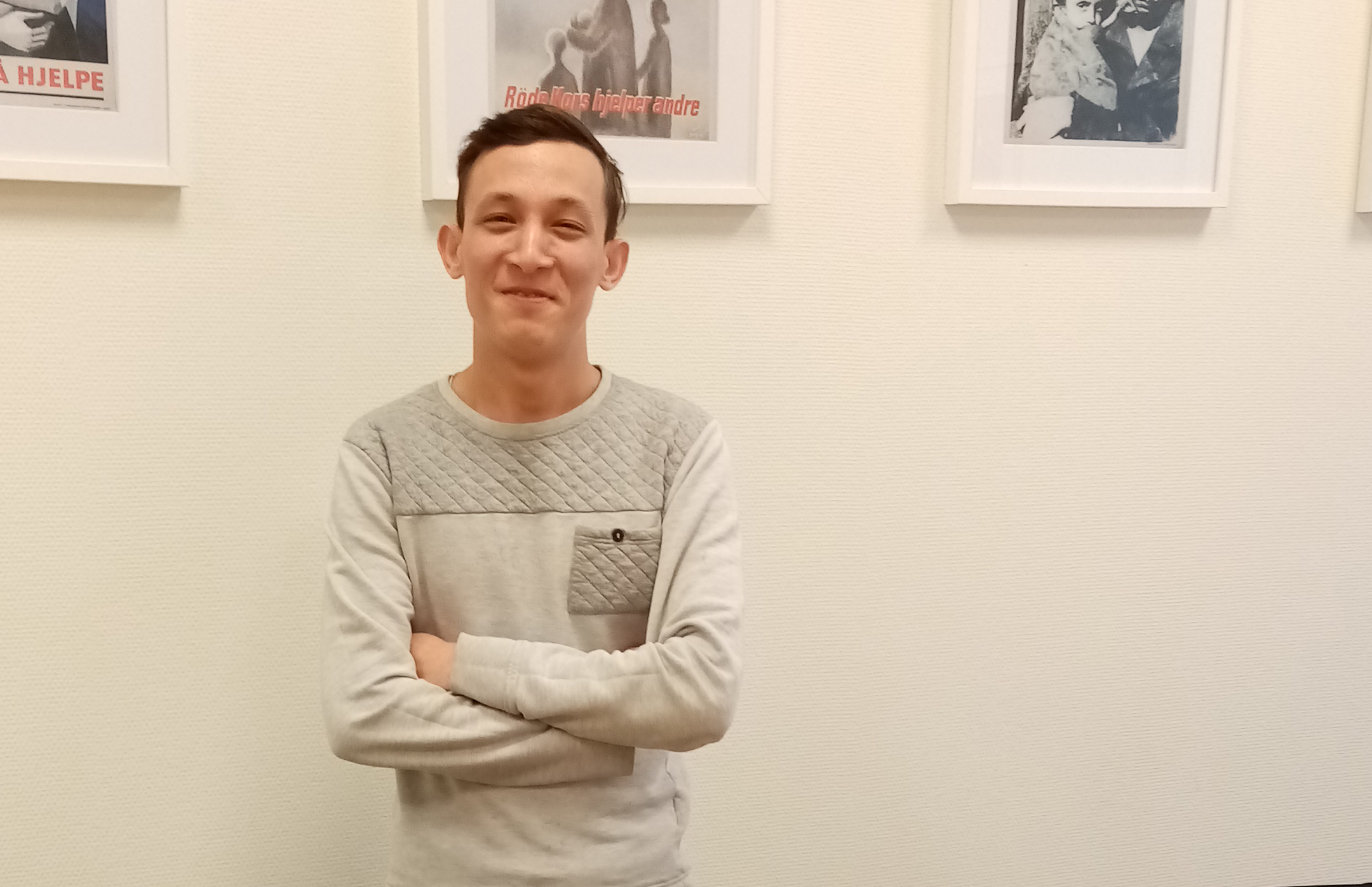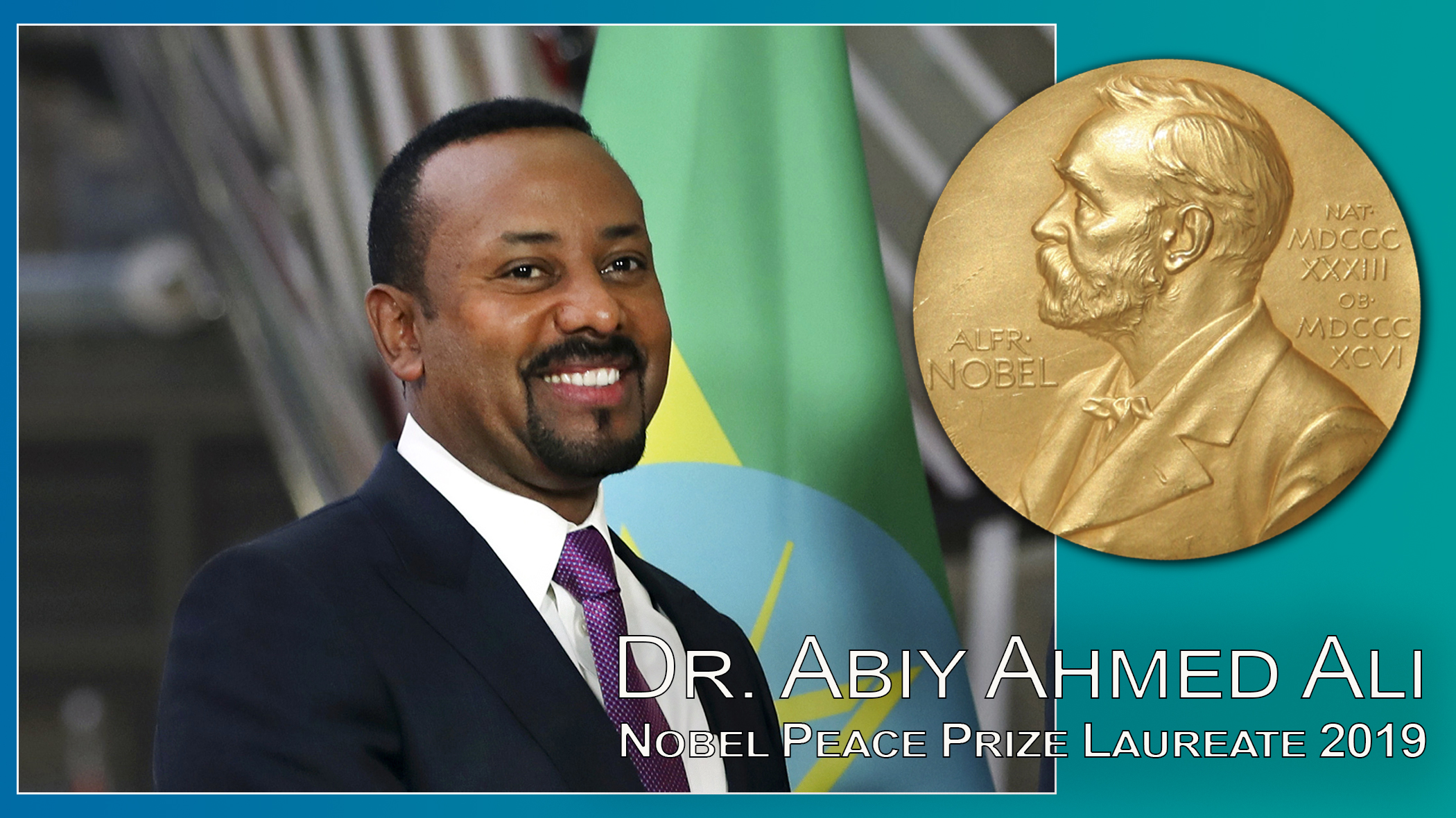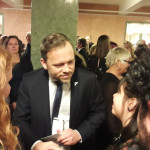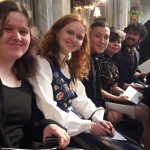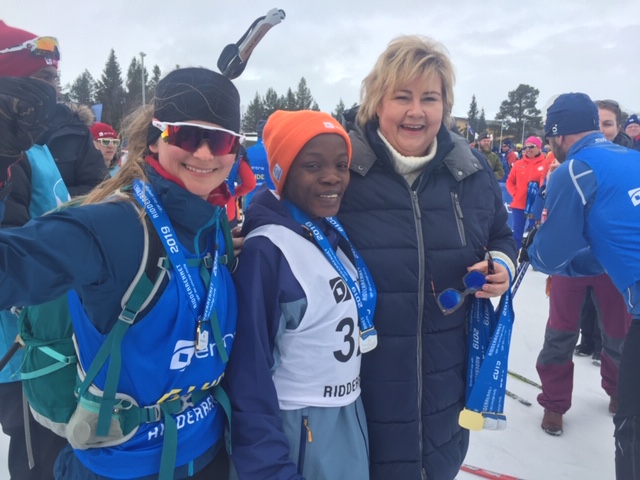Ghulam Ali Doulat (’18-present)
Ghulam Ali Doulat was born in Afghanistan and raised in Pakistan. In 2001, his parents were forced to flee from their home country when the Taliban came to power in Afghanistan. Ghulam’s father was a solider in the defeated Afghan army so he had no choice but to escape from his country together with his wife and eight children. Ghulam is the ninth and youngest child. Celebrating his 18th birthday this year as a student of UWC Red Cross Nordic in Norway, Ghulam has a striking ability to see the best in any circumstances that come his way. In this spirit he considers being born and raised in Pakistan to an Afghani family as a start of process for recognising the values in diversity:
“I feel more at home in Karachi where I was born and raised. It is a very diverse town. I grew up listening to a variety of languages and dialects, knowing different cultures and looks of people. From an early age, I learned how to build bridges and to live with others in harmony. Growing up in this society sensitised me to differences. If we choose to work together towards a common goal rather than highlighting our differences, we can achieve so much together. Diversity adds colour and flavour to life and can be a source for peace to the mind and among individuals, societies and nations.”
Ghulam is still deeply concerned about the situation that forced his family to live in exile – the absence of peace in Afghanistan. He knows the misery that conflict and war bring to the lives of children, women and society at large. That is why he values peace so highly.
“Peace is freedom. Peace means that people can pursue their ambition of building a better future without major hindrances. Peace is a pre-condition for the development of a country.”
Ghulam is one of the five students that are going to take part in this year’s Nobel Peace Prize ceremony as representatives of UWC Red Cross Nordic. This year the award goes to the Ethiopian Prime Minister, Dr. Abiy Ahmed Ali for his important work to promote reconciliation, solidarity and social justice. As a student who came from a war-torn country, this resonates with Ghulam’s personal experience and his view of peace.
“There are many reasons why I am looking forward to attending the Nobel Peace Prize ceremony in Oslo. I am going there with the expectation to learn from the wisdom of a man who has managed to bring solutions to what has been an ongoing and serious conflict in his region. So I am eager to learn about what Prime Minster Abiy Ahmed Ali has to say about conflict resolution. Because I know it is not easy to bring two opposing sides into agreement from the story of my own country. Knowing this will help me in the future to contribute to building peace in Afghanistan.”
Genet Ashebir

